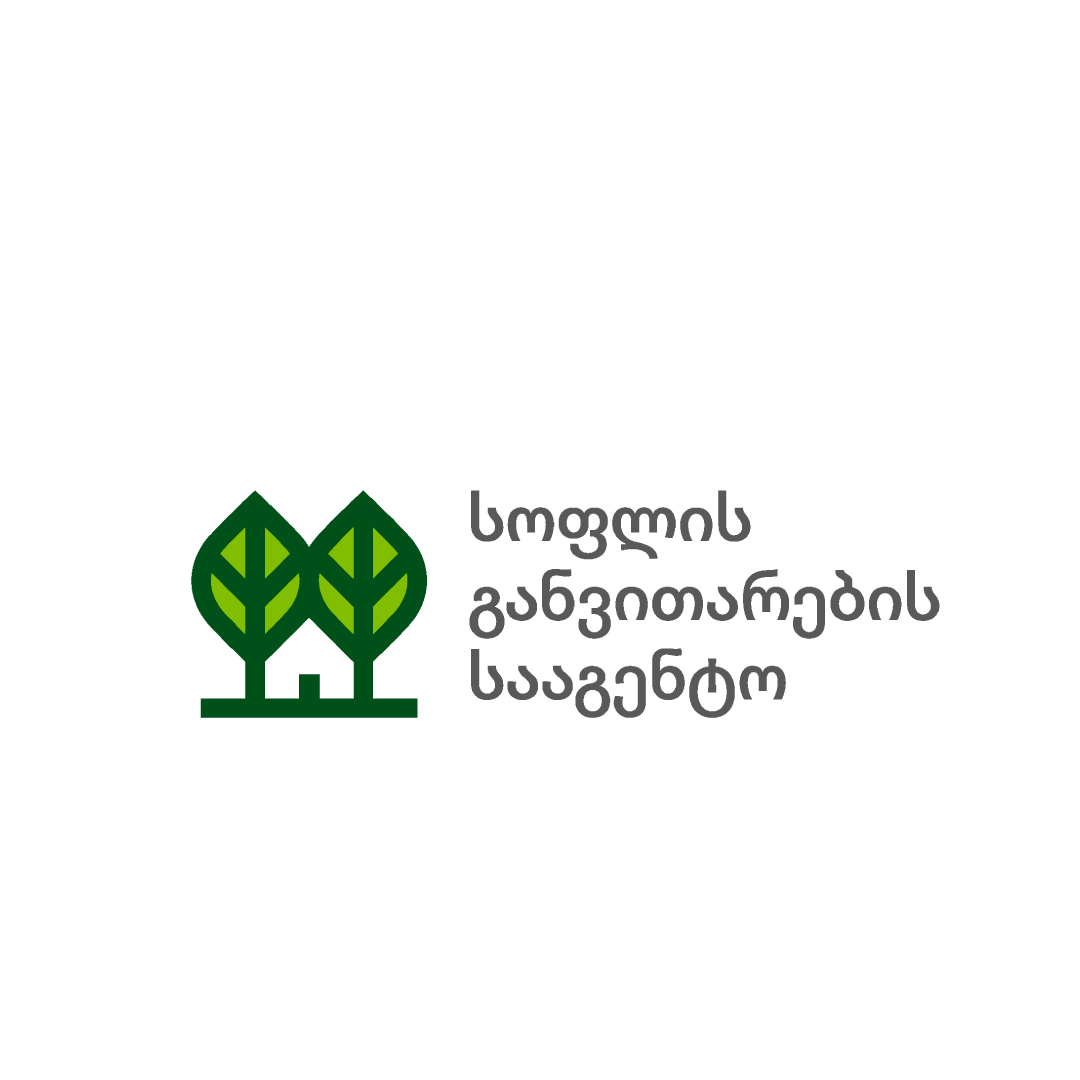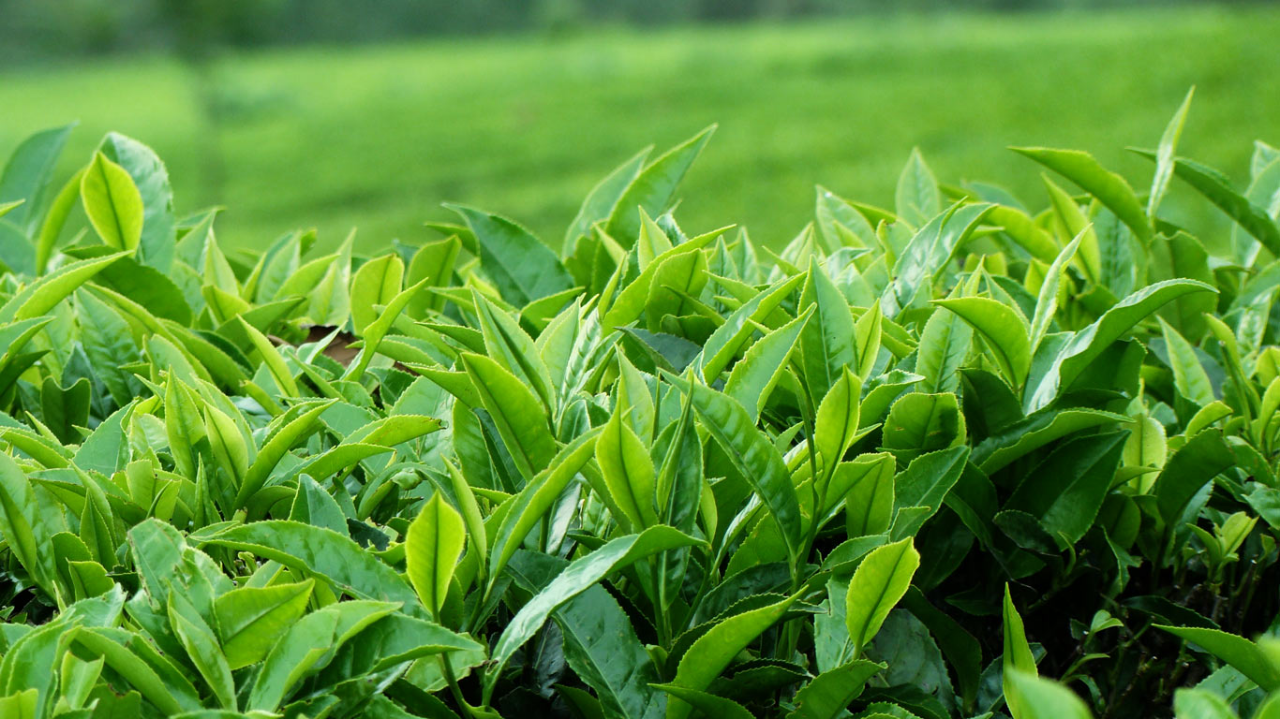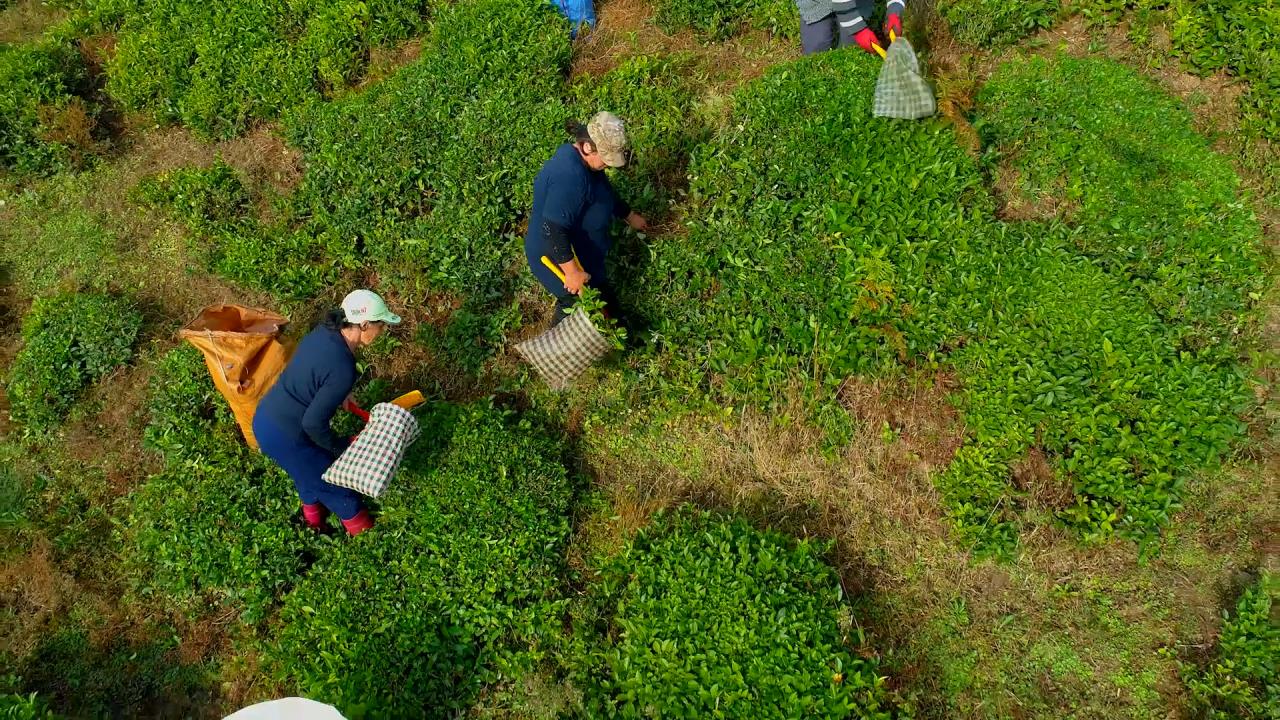

Financing Conditions
The rehabilitation costs of a tea plantation owned by a cooperative or leased from the state will be covered at 90%, with a maximum of 3,000 GEL per hectare.
Selection Criteria for Participants
The plantation area owned by the agricultural cooperative and/or its shareholders must be at least 3 hectares and no more than 300 hectares. The area leased from the state must not exceed the cooperative’s required rehabilitated area, which is owned by the cooperative and/or its shareholders.
The cooperative must be able to cover at least 10% of the rehabilitation costs, confirmed by a bank statement/certificate proving the availability of funds.
The cooperative must not have any outstanding tax liabilities or be registered in the debtor’s registry.
The tea plantation must not be subject to a mortgage, lien, usufruct rights, or any legal obligation/restriction.
Obligations
The agricultural cooperative is required to:
Complete the agro-technological plan within 36 months from the effective date of the co-financing agreement.
After 36 months from the agreement’s effective date, for the next two years, annually meet the production plan* with at least: 2,000 kg of raw tea leaves per hectare; 1,000 kg of raw tea leaves per hectare in the case of organic tea cultivation.
If the tea plantation is leased from the state, every 5 years, the cooperative must submit an expert report from the "Samkharauli Forensic Bureau" to the "National Agency of State Property," confirming the annual tea production.
As a guarantee of obligation fulfillment, the rehabilitated tea plantation must be mortgaged in favor of the agency before receiving co-financing. If the participant's rehabilitated area is not allocated a separate cadastral code, the entire plantation (under a unified cadastral code) will be mortgaged.
*Note – Definition of Terms
News

Success stories

Agricultural Cooperative "Megruli Chai 2018"

